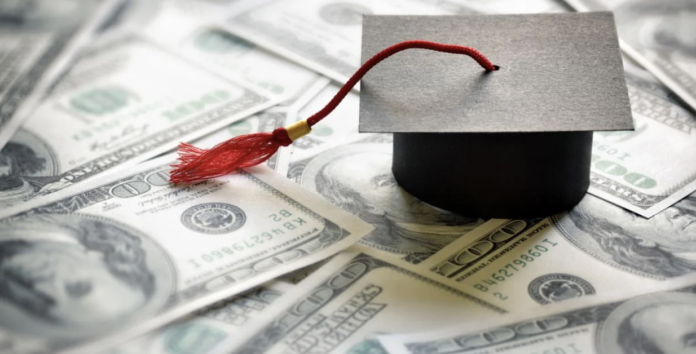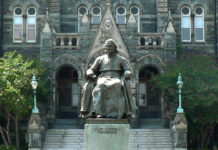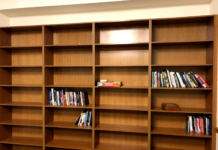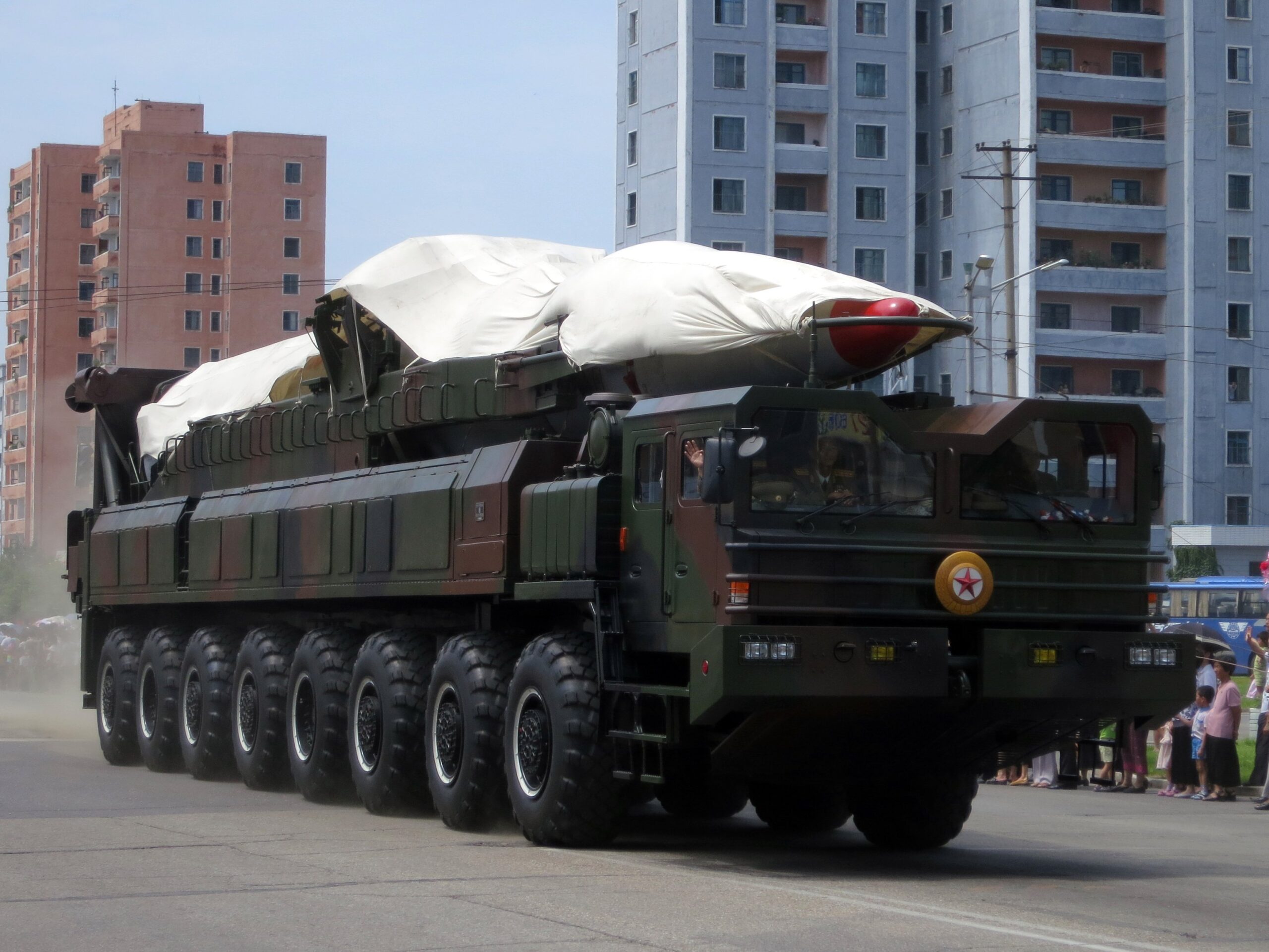![]()
From Apr. 13 to 15, Georgetown undergraduates will vote on a GUSA referendum to raise their contribution to the Student Activity Fund by $45 from $185 to $230. This referendum was introduced to allow GUSA to increase the amount of club funding it gives out. If the raise is approved, there will be an extra $296,000 to distribute to clubs for a total of $1.58 million. This is a misguided plan – for the good of all Georgetown students, it must be rejected.
Georgetown is committed to providing its students with a top-flight academic and social experience. However, in recent years, this commitment has become increasingly expensive. In the next academic year, yearly undergraduate tuition will increase from 4.9% to $64,896. The total cost of attendance is expected to increase by 4.8 percent over last year’s rate to an eye-watering $87,000. This represents an almost $5,000 cost increase in attending Georgetown for the 2023-2024 academic year!
But where is this $5,000 going? Currently, rather than spending money to improve student well-being and increase the availability of resources on campus, it appears Georgetown will use our dollars right into the pockets of its over-bloated administrative and bureaucratic apparatus.
Georgetown’s payroll includes over 1,500 administrators averaging a salary of $81,609. Some quick math using these figures yields a total cost of $122 million (keep in mind this is a low estimate). Moreover, as the number of administrators continues to increase as new bureaucracies are created, these costs continue to balloon with no end.
$5,000 per student is a hefty price. Adding the GUSA referendum on student activities fees will only compound the pain in another sad chapter of Hoyas being shaken down. Rather than rubbing salt into students’ wounds by jacking up student activities fees on top of existing tuition raises, the Georgetown administration should utilize the extra $5,000 per student they are receiving to subsidize student activities on campus. Peer institutions such as Harvard, Princeton and UVA all have some form of administrative subsidies for clubs, which ultimately foster a vibrant extracurricular and club scene. Why should Georgetown be any different?
While I commend the ability of Georgetown’s clubs to function and thrive, given such limited financial resources, our current financial model of club funding is unsustainable. $200,000 from the University administration, a mere drop in the bucket for them, would fully fund all of the requests of Georgetown’s clubs and supercharge the expansion of club programming on the Hilltop. If Georgetown truly is an institution that strives to provide its students with the best possible academic and developmental experience, then it is common sense to increase spending on student wellbeing rather than ballooning the administrative apparatus.
An obvious and easy policy exists to enable the continued operation and expansion of our student clubs here on campus. The GUSA referendum is not that policy, asking students to cough up an extra $45 while the administrative apparatus continues to suck away all our dollars. Instead, club subsidization is a practical and financially expedient policy that numerous universities nationwide have already adopted. Save your money. Vote NO on the referendum. Instead, let’s get the University to pay its fair share in improving student well-being here on the Hilltop.












